Filter by
749 results found
-

Club of Rome call for nature protection on World Environment Day
On World Environment Day, 5th June 2020, the Club of Rome called on governments to recognise the dependency of humans on nature. They said that we must, as societies, reassess our relationship with nature in order to avoid future devastating events – pandemics or other natural disasters. This requires ‘rethinking our consumption and production patterns, […] -
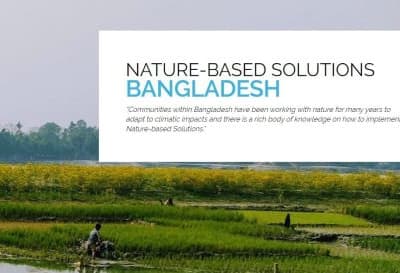
NbS Bangladesh Community of Practice
On World Environment Day, we are delighted to announce the launch of NbS Bangladesh. This is a community of researchers, practitioners and policymakers working to enhance understanding of the importance of nature-based solutions and to scale-up their implementation in Bangladesh. The website acts as a hub of knowledge on nature-based solutions in Bangladesh. We are […] -

NbSI director appointed as a Friend of COP26
The 26th UNFCCC Conference of the Parties (COP26) will be held in Glasgow on 1-12th November 2021. Over 30,000 delegates will convene to agree on actions to address the climate crisis. We need internationally-coordinated action in order to effectively mitigate and adapt to climate change, and the discussions at and during the run-up to COP26 […] -
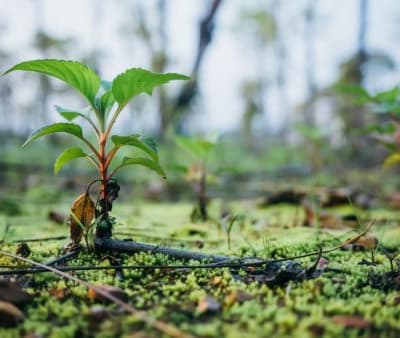
Tree planting is not a panacea for climate change
One Earth presents a collection of seven expert perspectives on the role of tree planting for mitigating and adapting to climate change. Among them is NbSI director, Professor Nathalie Seddon. Some key points include: The Trillion Trees initiative requires large investments from governments, ‘shovel-ready’ projects for investment, and robust social safeguards. Long-term tree stewardship with […] -

Marine Protected Areas in Vanuatu
Flexible management of marine protected areas around the Pacific Island of Vanuatu, has increased food security and income for local people during times of shortage. Vanuatu is highly vulnerable to natural hazards such as cyclones, tsunamis, drought and sea level rise. The country suffered its worst cyclone since records began in 2015, and in response […] -
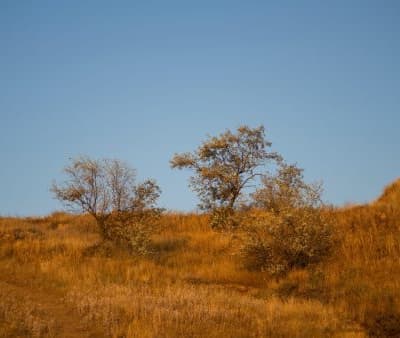
Assisted Natural Regeneration in Burkina Faso
Assisted Natural Regeneration (ANR) in Burkina Faso has improved provision of forest products for local people. ANR, in this case, involves construction of fences around areas of savanna, excluding grazing animals and allowing natural forest to regenerate. ‘Cultivation bands’ for agroforestry are also formed around the periphery of the exclosures, providing an additional source of […] -
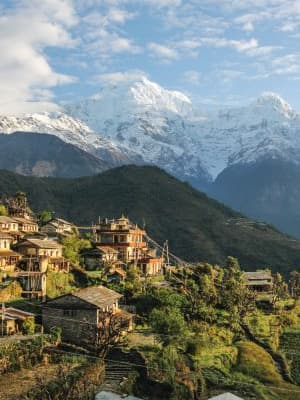
Market-oriented agroforestry in Nepal
Introduction of market-oriented agroforestry increased income and reduced poverty in Nepalese communities. Food insecurity is a pervasive problem in Nepal; in 2010, 42 of the 75 districts were food deficit. One response to food insecurity has been the introduction of agroforestry, with the aim of increasing income by selling tree products. However, the financial benefits […] -
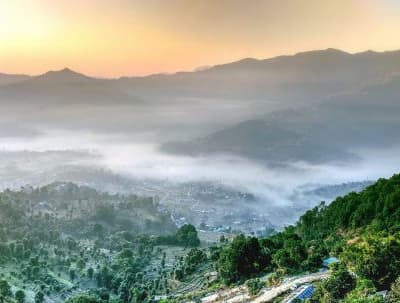
Financial valuation of wetland ecosystem services in Nepal
Thapa et al. 2020 This study estimated the financial value of ecosystem services from the Begnas Watershed System, which covers 49 sq km in the mid-hills of Nepal. The authors found that the wetland generated US$3.91 million annually, equating to US$651 per household, and US$800 per hectare. 85% of the total value was attributed to […] -

Analysis of oil company net-zero plans reveals insufficiencies
The Transition Pathway Initiative (TPI) has examined the emission reduction plans of six major European oil and gas companies. Primary findings include: None of the companies’ plans are consistent with limiting warming to 1.5°C BP and OMV failed to align with Paris Agreement pledges; Shell, Eni, Total and Repsol do align the Paris Agreement, but […] -
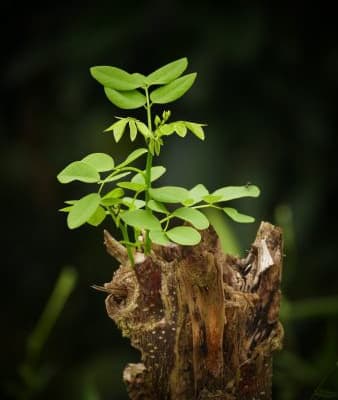
Climate-friendly COVID-19 recovery also better for the economy
Nations are in the process of designing and implementing packages to aid economic recovery from the pandemic. A new paper from the Smith School collected opinions from 231 economic experts to compare the performance of 25 major fiscal recovery types across four criteria: speed of implementation, economic multiplier, climate impact potential and overall desirability. By […] -
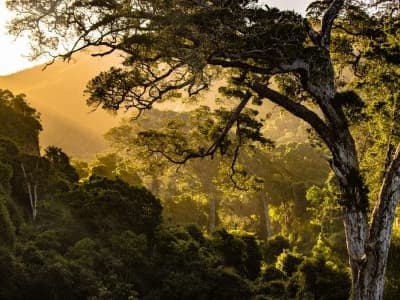
Global call for nature-based solutions scale-up
Together with leading figures from business, climate change policy, academia and environmental NGOs, we have signed an open letter calling for governments and organisations globally to ‘take Nature-based Solutions to scale’ in the wake of the pandemic. The letter highlights the four key guidelines for successful and just nature-based solutions, which the NbS Initiative released […] -

How can green recovery programmes benefit both nature and people? An example from the US
Ecosystem restoration has the potential to create jobs on a grand scale, which will be needed in many countries in the wake of the pandemic. The World Resource Institute (WRI) makes the case for investing in tree planting in the US; according to their calculations, an annual federal investment of $4-4.5 billion for 20 years […] -
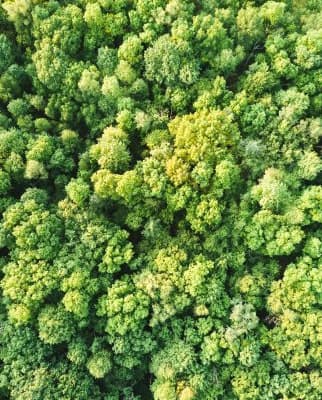
Knowledge Tree: decision making for effective, efficient & equitable social forestry
The Regional Community Forestry Training Center for Asia and the Pacific (RECOFTC) has compiled knowledge on how to conduct effective, efficient, and equitable social forestry in Southeast Asia in their recently-launched Knowledge Tree. The online platform is designed to support decision-making during the design and implementation of social forestry projects. The information has been sourced […] -
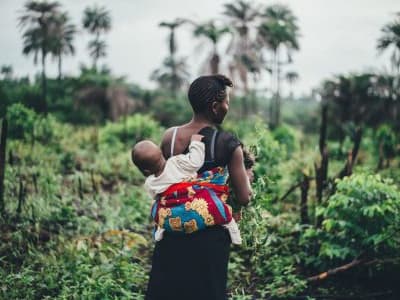
Climate Action Enhancement Package supporting enhancement of NbS in NDCs
The Climate Action Enhancement Package (CAEP) is providing targeted support to 65 countries on improving their Nationally Determined Contributions (NDCs) to the Paris Agreement. This article shows in what ways the CAEP has been helping with nature-based solutions in NDCs. The most common type of help was with defining or updating targets (28%), followed by […] -
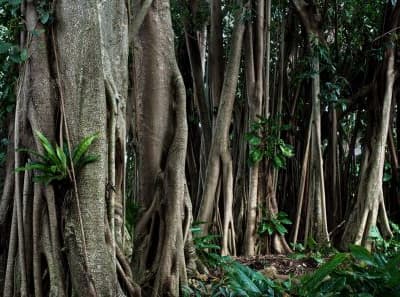
Price premium for sustainable rubber to conserve forests and help smallholders
About 85% of natural rubber is grown by small holder farmers in Asia. The Global Platform for Sustainable Natural Rubber (GPSNR) is working with individual farmers to transition to more sustainable practices, such as by providing financial and technical assistance to pay workers fair wages, clear land without fire, and use less chemical fertilisers and […] -
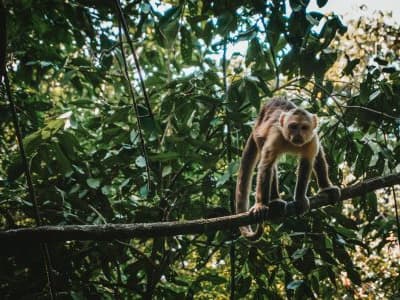
Sustainable recovery from COVID-19 in Peru
This document: Resilient Amazon: From Emergency to Sustainable Development, proposes steps to minimise the environmental cost in Peru of the response to the covid-19 pandemic and corresponding economic crisis. Suggestions include: – Create temporary employment to prevent people turning to illegal mining, drug trafficking and deforestation – Support the recovery of local businesses, productive activity […] -
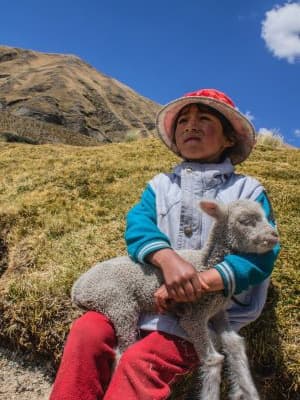
Indigenous stewards of nature
This article tells the story of five indigenous individuals who are using their rich local knowledge, accumulated over generations, for adapting to the changing climate. Traditional practices described include: – Digging small pits, and filling them with compost, manure and seeds before the rainy season begins, to help trap water and improve soil fertility (e.g. […] -

Green commitments from big business?
The first four months of 2020 have seen a rise in notable commitments from big businesses to reduce greenhouse gas emissions and in some cases stem biodiversity loss. Amazon announced their $100 million Right Now Climate Fund in 2019, which aims to restore and conserve forests, wetlands and peatlands for carbon storage. The fund’s first […] -
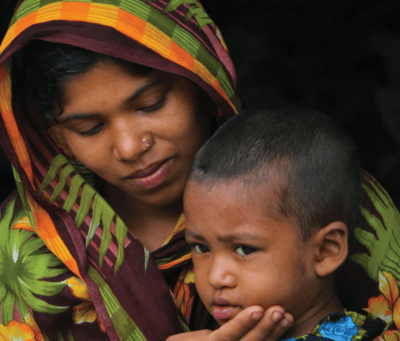
Multi-dimensional well-being associated with economic dependence on ecosystem services in deltaic social-ecological systems of Bangladesh
Adams et al. 2020 This paper investigates the relationship between ecosystem services and poverty in the south and south-west coastal zone of Bangladesh. To account for the complex nature of poverty, the authors used two different poverty measures: material poverty (inability of a household to meet the cost of basic needs), and life satisfaction (head […] -

Protecting wetlands for people: Strategic policy action can help wetlands mitigate risks and enhance resilience
Endter-Wada et al. 2020 The authors of this paper propose national wetland commissions to coordinate protection, management and restoration of wetlands across national, regional and state borders. The wetland commission could be modeled on river and lake commissions, which have facilitated cooperatation, and brought together technical expertise and funding to enable management of water resources across […] -
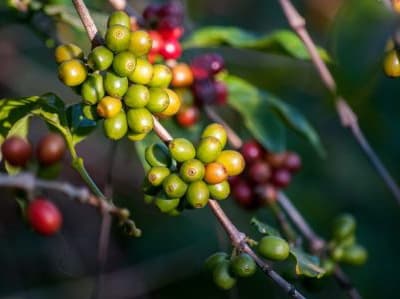
Coffee agroforestry systems capable of reducing disease-induced yield and economic losses while providing multiple ecosystem services
Cerda et al. 2020 Agroforestry is a nature-based approach to agricultural production, with great potential for providing sustainable food security. This study looks at ecosystem services and disease in 61 smallholder coffee plots in Turrialba, Costa Rica. The authors found the six coffee agroforestry systems with the most promise for reducing losses to disease, whilst […] -

Open letter to global leaders: a healthy planet for healthy people
The Club of Rome have written an open letter to global leaders, calling for the response to the current global health and financial crises to address the other crises we are facing in concert: the biodiversity and climate crises. The signatories recognise that attempts to stimulate the economy in the recovery from COVID-19 could involve […] -

Workshop: NbS in Bangladesh’s development policy
The International Centre for Climate Change and Development (ICCAD) in Bangladesh, which is supported by the Nature-based Solutions Initiative, held a workshop with the Bangladesh Planning Commission to discuss the role of nature-based solutions (NbS) in national development plans. The workshop formally introduced the concept of NbS to relevant government departments, and stimulated discussion of […] -
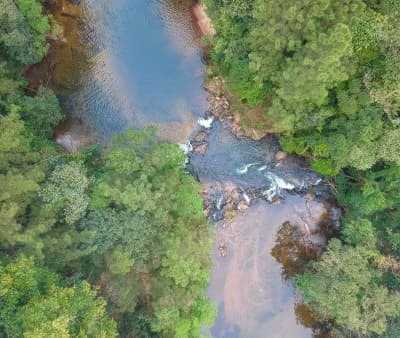
Achieving cost‐effective landscape‐scale forest restoration through targeted natural regeneration
Crouzeilles et al. 2020 This paper quantifies the potential for natural regeneration across deforested areas of the Brazilian Atlantic Forest. By identifying socioeconomic and environmental factors that correlate with areas that regenerated naturally between 1996 and 2015, the authors identified 21.6 million hectares of land in the Atlantic Forest region that are likely to be […] -

Briefing Paper: The Role of Land in Achieving Net Zero
We co-authored a briefing paper for the Net Zero Network looking at the contribution of nature-based solutions and other aspects of land use to achieving net-zero emissions in the UK. Key points include: 1) Nature-based solutions can be used to increase the size of natural carbon stores and keeping existing stores intact. This is alongside […]
